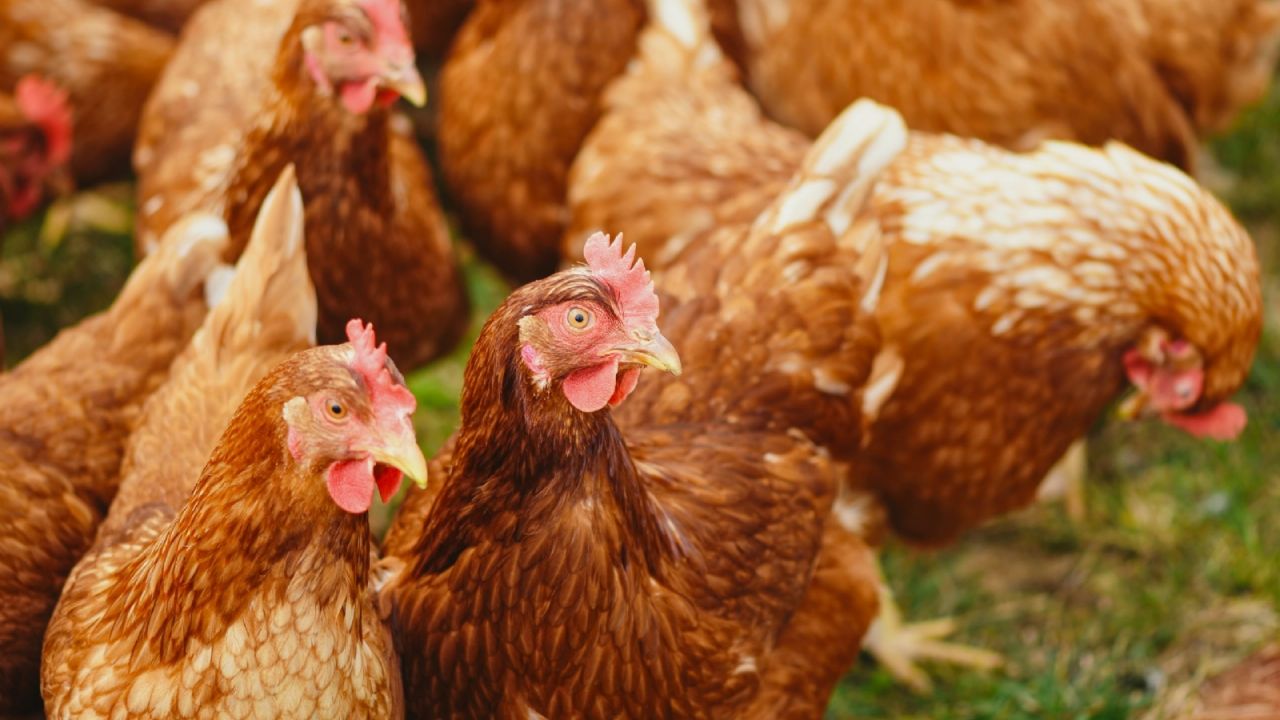The Ministry of Agriculture and Fisheries, in charge of Juan José Bahillo, confirmed this Wednesday that SENASA (National Service for Food Health and Quality) detected the first case of bird flu in the country.
The Government reported that the case of bird flu It was found in a wild bird from the province of Jujuy, which is why a health emergency was declared. In addition, measures were announced to prevent the spread of the illness.
“The confirmation puts us on alert but it does not surprise us because we have already been working and following the issue closely for some time,” Bahillo said while announcing what measures will be implemented to prevent new cases of bird flu.
“We want to bring peace of mind, we are going to reinforce all that prevention and field work, which we have already been doing together with the health control organizations and all the areas involved, to reinforce the borders and controls in the territory”.
The Secretary of Agriculture also reminded the public that “the virus is not transmitted to people through the consumption of poultry meat or the consumption of eggs”, for which he explained that these foods can be “consumed with absolute peace of mind”.
The official stressed that it is vitally important to report to the competent authorities if there are animals with symptoms associated with influenza: “When any symptom or dead bird is detected, it is essential to avoid contact and communicate quickly with SENASA.”

To this end, the following service lines will be enabled:
- SENASA local office.
- App “SENASA Notifications”.
- [email protected]
- Section “Notify SENASA” through its website or by calling 11-5700-5704
What are the risk symptoms?
The flu It is a disease that occurs especially in wild and poultry birds, such as chickens, and that is transmitted by contact with the feces or secretions of an infected animal.

When a bird has the virus it can present symptoms such as: sudden death, diarrhea, lack of energy, appetite, and coordination; purple discoloration or swelling of various parts of the body; runny nose, coughing, sneezing, and reduced egg production or soft-shelled or misshapen eggs.
Although it is not common for the disease to be transmitted to humans, authorities recommend frequent hand washing, avoiding direct contact with wild or poultry birds, especially if they are sick, and not touching surfaces that may be contaminated.


















